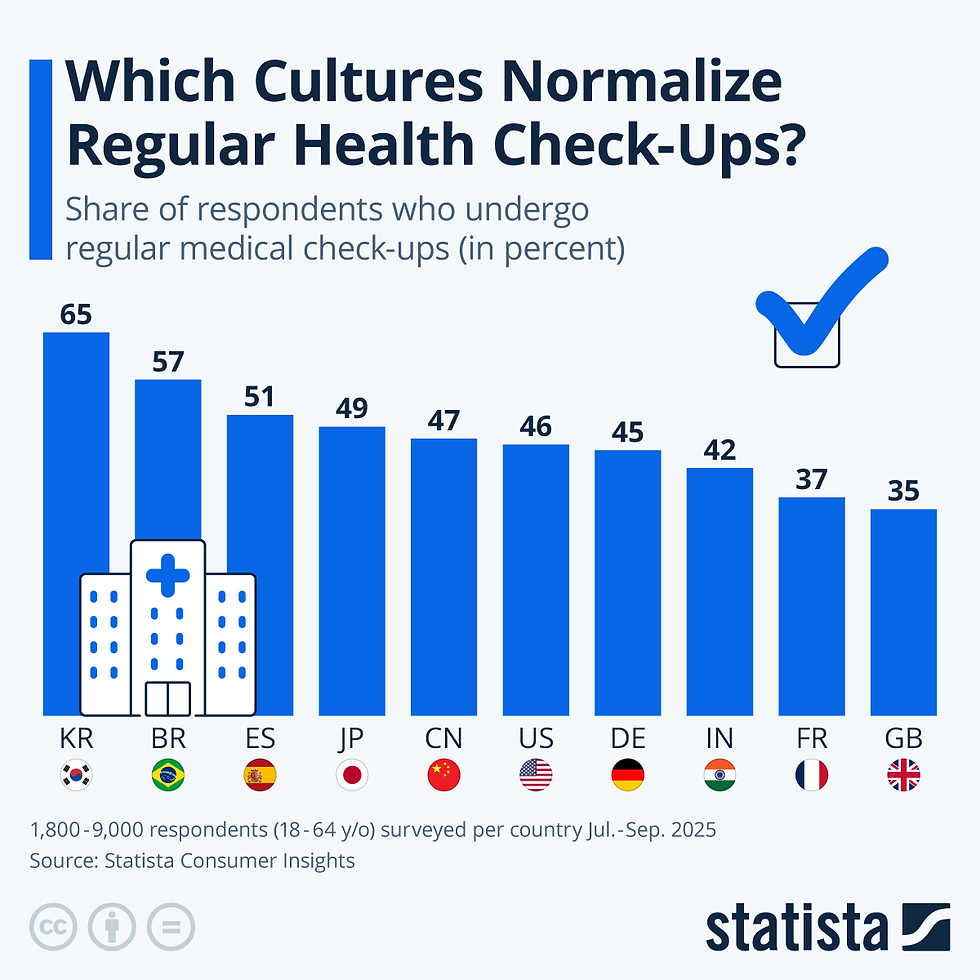How Close Are Countries to Closing the Gender Gap?
- Create and Learn

- Mar 15, 2023
- 1 min read

This article is published in collaboration with Statista
by Katharina Buchholz
The latest release of the World Economic Forum Gender Gap Report shows that the devastating effects of the Covid-19 pandemic on gender parity are lingering on. While the organization put the years left to close the worldwide gender gap at 100 in 2020, that estimate rose to 136 years in 2021 and is only slightly down to 132 years in 2022.
According to the makers of the report, the cost-of-living crisis as well as the climate emergency, conflict and displacement are hindering recovery from the giant setback the pandemic has been for women.
As for individual countries, Scandinavian nations were rates as having come closest to closing the gender gap, which is calculated taking into account economic participation and opportunity, educational attainment, health and survival and political empowerment. Leader Iceland improved its score over the course of the last year and surpassed 0.9 out of 1 on the index. New Zealand, Rwanda, Nicaragua, Namibia, Ireland and Germany were the highest-rated non-Scandinavian countries. The U.S. came in rank 27.
While Poland was one of the lowest-rated EU nations in rank 77 – only undercut by Malta, Hungary, Romania, Greece and Cyprus -, Japan was the lowest-ranked developed country in rank 116. China was ranked slightly higher in rank 102, while one of the largest nations on Earth, India, was found towards the bottom of the ranking only 12 spots from last place. Reasons included the country’s massive gap on economic participation but also one of the largest health and survival gaps for women and girls.
Start leaning Data Science and Business Intelligence tools:




























Comments